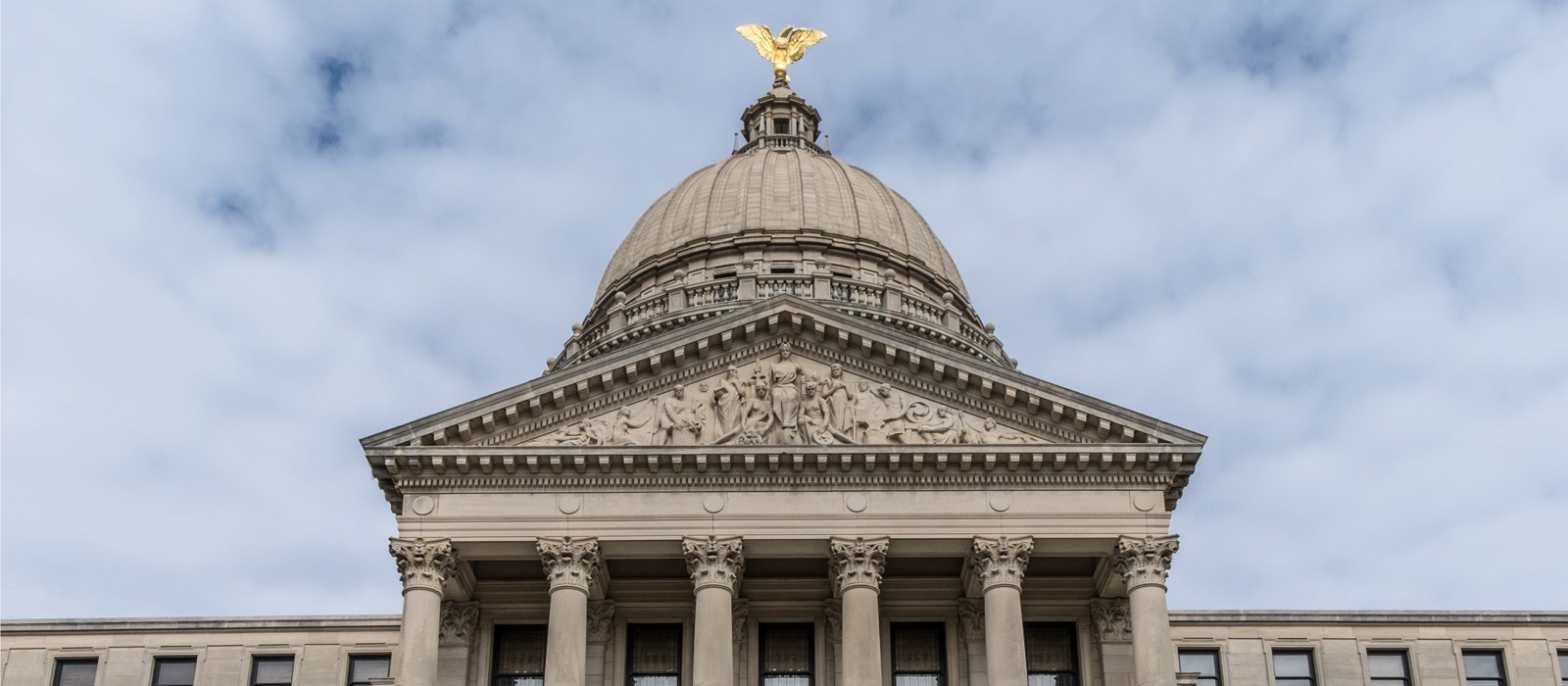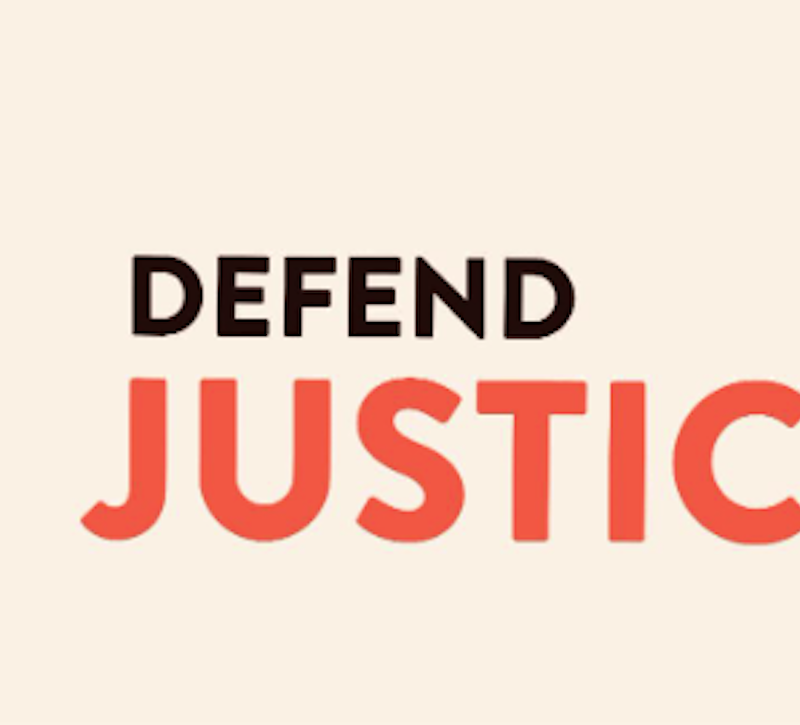Mississippi has the second-highest imprisonment rate in the country — holding more people in prison per capita than all but one other state. The state’s prisons have become so crowded and dangerous that the Department of Justice launched an investigation of the system. Along with the state’s habitual laws, Mississippi’s parole laws, which are among the most restrictive in the nation, are a major driver of the state’s dangerously high prison population. Last year, the state legislature advanced legislation to expand parole eligibility, but the bill did not make it across the finish line. This year, lawmakers have the chance to finish what they started and enact parole reforms that will safely reduce the state’s prison population.
The Who, What, When, Where, and Why of Parole in Mississippi


"Mississippi’s parole laws, which are among the most restrictive in the nation, are a major driver of the state’s dangerously high prison population. ”
What is parole?
Parole is a common earned release opportunity offered in state prison systems across the United States, including Mississippi. Parole provides incarcerated people the opportunity to make the case for their release at a hearing before the Parole Board after serving a portion of their sentence in prison. The five members of Mississippi’s Parole Board are appointed by the governor. Ultimately, the Parole Board decides whether the incarcerated person will be released to the community or not. People who are granted release at their parole hearing serve the remainder of their sentence on supervision, meaning they report to a parole officer and follow other rules laid out by the Department of Corrections.
“Today, two-thirds of people in Mississippi prisons are not eligible for parole”
Who is eligible for parole in Mississippi?
Today, two-thirds of people in Mississippi prisons are not eligible for parole, but that hasn’t always been the case. Prior to 1994, nearly everyone sentenced to prison in Mississippi was eligible for parole after serving 25% of their sentence or 10 years. In 1995, Mississippi joined the ranks of states who moved to abolish parole and mandate that everyone serve at least 85% of their sentence in prison. Mississippi lawmakers quickly realized this strategy was costly, ineffective at reducing crime, and harmful to families and began taking meaningful steps to expand parole eligibility in 2008. While these measures have restored incentives and hope to many behind bars, the vast majority of people in prisons across the state–more than 12,000 individuals–remain ineligible for a parole hearing.
“Eighty-five of the more than 100 people that have died in prison over the course of the last year were not eligible for parole.”
When do people become eligible for parole?
People convicted of most nonviolent offenses become eligible for parole after serving 25% of their sentence. People sentenced under the state’s habitual laws are ineligible for parole, no matter how minor the offense, and people convicted of violent offenses and sex-related offenses are not eligible for parole. Many of these people must serve every day of their sentences, which often stretch for decades, in prison with no hope to earn their release, no matter how much they’ve changed or accomplished in prison. Last year, lawmakers from both sides of the aisle advanced a bill to extend the possibility of a parole hearing to people convicted of most violent offenses after they serve at least 50% of their sentence in prison, but the bill was vetoed due to confusion and misinformation.
How does parole impact the size of the prison population?
Changes to the laws that govern parole eligibility can have a dramatic impact on the number of people in prison. Mississippi’s prison population more than doubled between 1994, the final year in which most people in prison were eligible for parole, and 2008, and costs increased dramatically as well. In 2008, lawmakers took an important first step towards reversing this trend and passed legislation that expanded parole eligibility to people convicted of some nonviolent offenses. As a result, the state’s prison population declined by 18% between 2008 and 2014. Since that time, the prison population has begun to tick upward again and remains well above its size before parole was abolished. Further expansion of parole eligibility would allow Mississippi to join the ranks of states across the country that are reducing crime, prison costs, and incarceration at the same time.
“This year, state lawmakers have the opportunity to expand parole eligibility to the thousands of people in prison who are currently denied that opportunity, restoring incentives and hope behind bars, reuniting families, and saving taxpayers dollars. ”
Why is parole eligibility a good idea?
Decades of research have shown that parole is a smart policy that can help states safely reduce their prison populations, protect families, and save taxpayer dollars. Many studies have found that shorter prison stays do not lead to an increase in crime and that incentives for opportunities like parole release make prisons and communities safer. On top of that, prisons can cause great harm to incarcerated people and their families, especially as the deadly COVID-19 pandemic continues to spread behind bars. Eighty-five of the more than 100 people that have died in prison over the course of the last year were not eligible for parole. At least four of these individuals would have become immediately eligible for a parole hearing if last year’s reform legislation had been signed into law. For these individuals, a parole hearing could have meant the difference between life and death.
Where are parole laws more expansive?
Despite what we know about the benefits of parole eligibility, Mississippi has some of the most restrictive parole laws in the nation. Nearly all of Mississippi’s neighboring Southern states allow parole eligibility for people convicted of serious and violent offenses. For example, people convicted of serious and violent offenses in Arkansas become eligible for parole after serving between 33% and 70% of their sentence. In Texas, those individuals become eligible for a parole hearing after serving 50% of their sentence or 30 years, whichever comes first.
Conclusion
Research suggests that parole and other earned release programs increase safety in prisons and communities. That’s why states like Arkansas and Texas extend parole eligibility to the vast majority of incarcerated people, regardless of offense. Mississippi used to do the same until a rash of punitive laws swept through the state legislature in the mid-1990s. Today, Mississippi has some of the most restrictive parole laws in the nation. This year, state lawmakers have the opportunity to expand parole eligibility to the thousands of people in prison who are currently denied that opportunity, restoring incentives and hope behind bars, reuniting families, and saving taxpayers dollars.
Tell the world; share this article via...
Get Involved
We need your help to move America forward. Learn what you can do.




